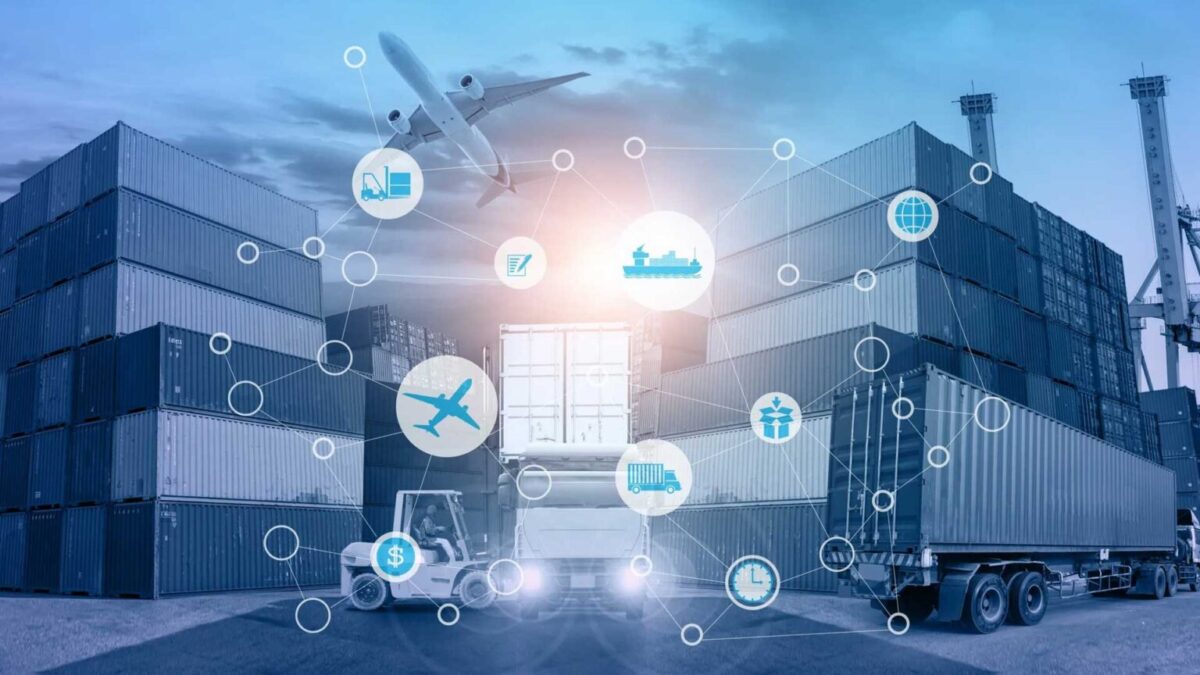Table of Contents
Introduction
In today’s fast-paced global economy, multinational companies are leveraging advanced technologies to streamline their operations. A prime example is the optimization of transportation networks using Artificial Intelligence (AI). This innovation is revolutionizing how goods are forecasted, transported, and delivered across borders. In this article, we’ll explore how multinationals are utilizing AI to enhance transportation networks, the benefits they are reaping, and what the future holds.
Understanding the Role of AI in Transportation Networks
The Core Benefits of AI Integration
AI technology plays a crucial role in modernizing transportation networks by improving efficiency and reducing costs. Multinationals use AI to analyze massive datasets, forecasting potential disruptions and optimizing route planning. But what specific benefits does AI integration offer?
- Enhanced Efficiency: AI systems can analyze traffic patterns, weather conditions, and logistics data faster than human analysts, allowing companies to make smarter decisions.
- Cost Reduction: By optimizing routes, AI minimizes fuel consumption and lowers operational costs.
- Improved Customer Satisfaction: Predictive analytics ensure timely deliveries, boosting client satisfaction and loyalty.
Key AI Technologies Transforming Transportation
Which AI technologies are at the forefront? Machine learning, predictive analytics, and IoT (Internet of Things) devices are the primary tools driving this transformation:
- Machine Learning: These algorithms learn from historical data to predict delays, recommend optimal routes, and enhance supply chain visibility.
- Predictive Analytics: Helps forecast demand and preemptively addresses potential transportation bottlenecks.
- IoT: Devices connected via IoT provide real-time tracking and monitoring, ensuring data accuracy and network agility.
You May Also Like: AI’s Role in Public Transportation: Optimizing Routes and Reducing Delays
Challenges in AI Implementation
- Overcoming Data Privacy Concerns: AI’s reliance on vast amounts of data raises significant privacy issues. How do multinationals address these concerns? By ensuring robust data privacy protocols and complying with international regulations, companies build trust and safeguard their networks.
- The Need for Skilled Personnel: AI system management requires specialized skills. Training and hiring AI experts become essential for companies seeking to optimize their transportation networks. Is your organization prepared to invest in AI talent?
The Future of AI-Driven Transportation Networks
AI’s influence on transportation networks is bound to grow. The integration of AI with autonomous vehicles and drones promises to redefine logistics even further. Could we see a fully automated supply chain in the near future? Experts suggest that it’s not a matter of if, but when [External Source: Autonomous Vehicles].
- Autonomous Vehicles: Self-driving trucks could drastically reduce shipping times and labor costs.
- AI-Powered Drones: These drones might soon handle last-mile deliveries, especially in urban areas where traffic is a major concern.
Conclusion
The optimization of transportation networks through AI is transforming the logistics landscape for multinationals. By enhancing efficiency, reducing costs, and improving customer satisfaction, AI has become an indispensable tool in global business strategies. As we look to the future, the continued evolution of AI technologies promises even more revolutionary changes. Are your transportation networks ready to be part of this AI-driven evolution?
We’d love to hear your thoughts on AI and transportation networks. Feel free to share your insights in the comments below and share this article with others interested in technology and logistics!





